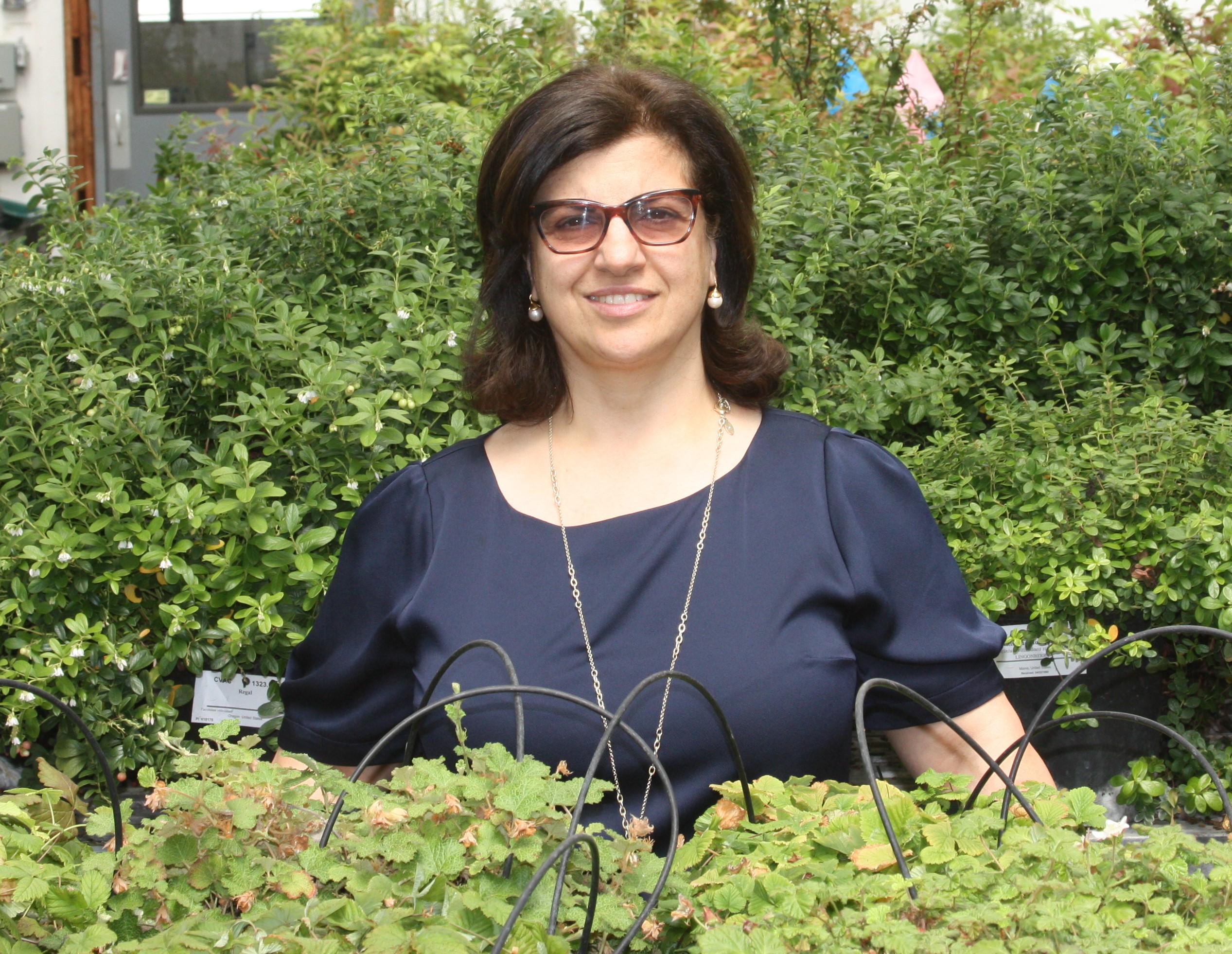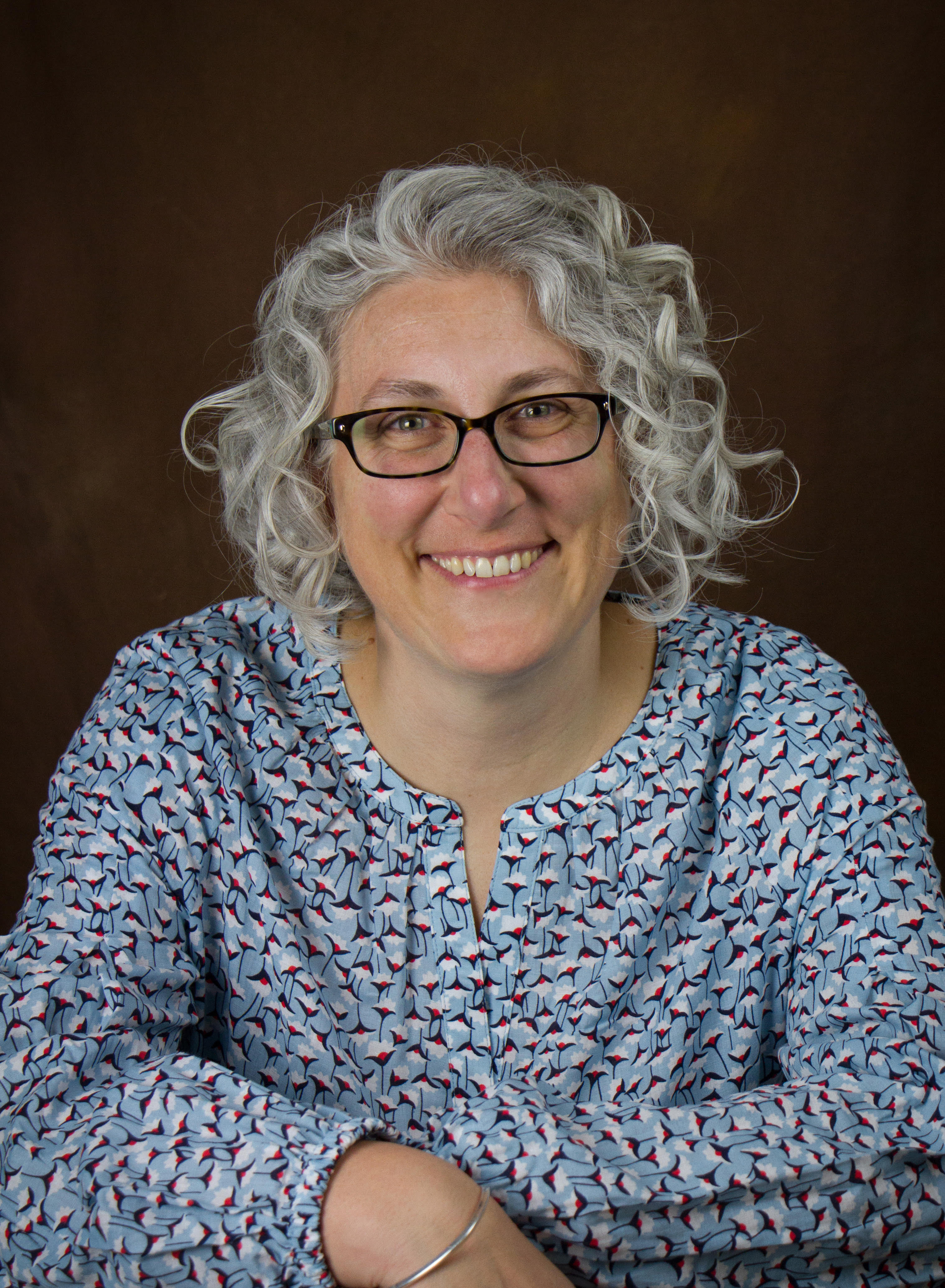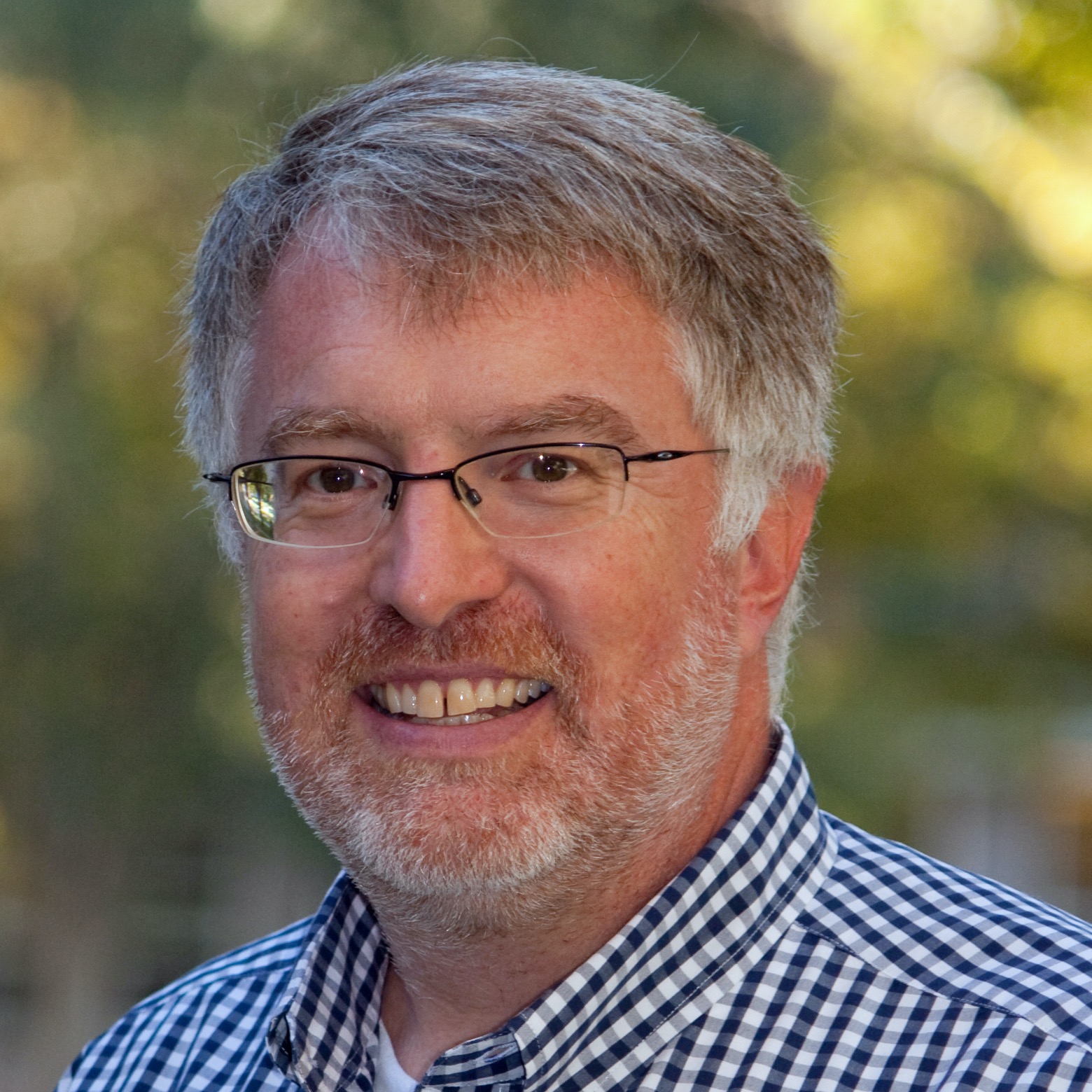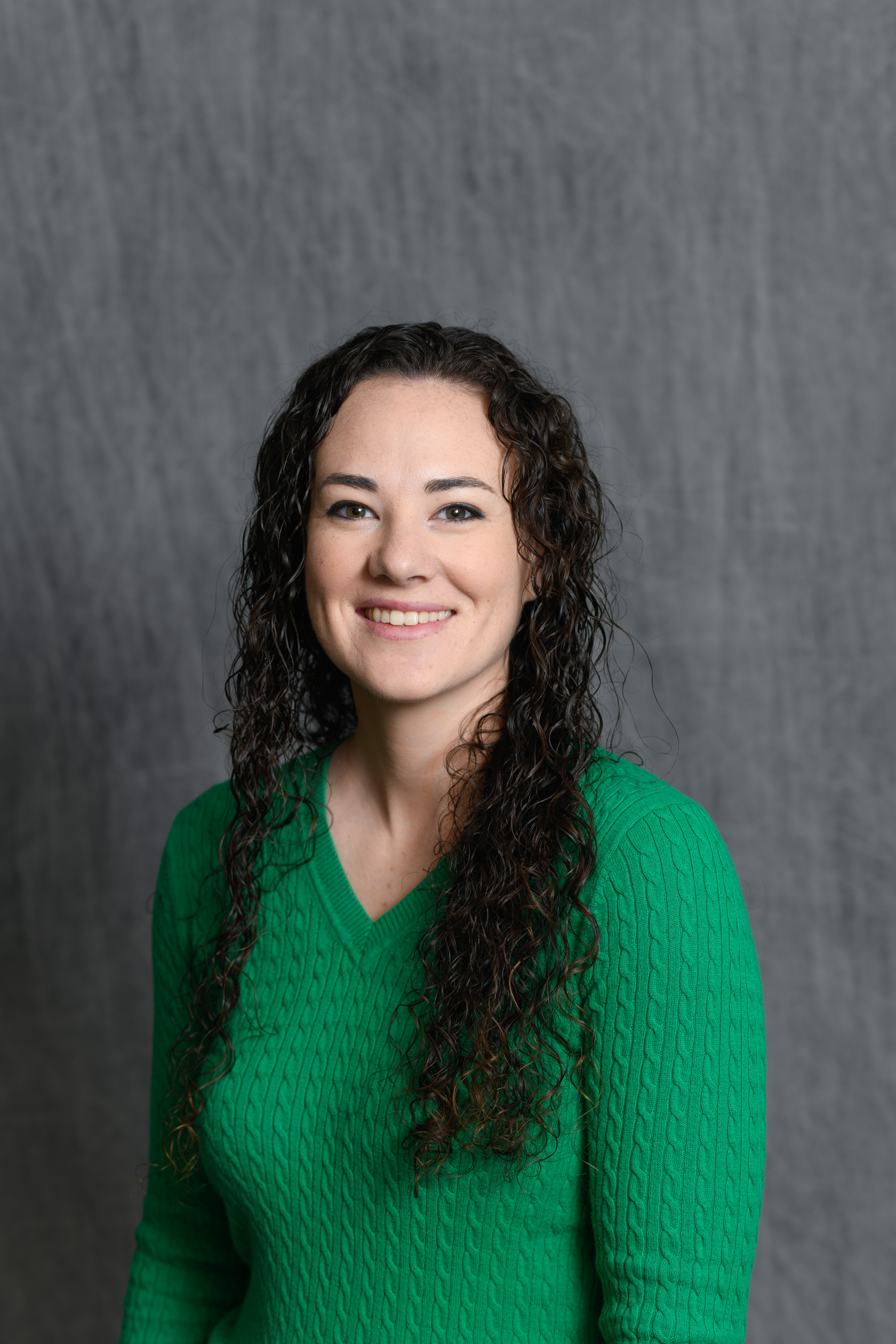|
|
|
|
|
Dr. Massimo Iorizzo is an associate professor at NCSU in the Department of Horticultural Science and is affiliated with the Plant Genetics and Nutritional Genomics Plants for Human Health Institute. His research focus on developing genetics and genomics resources to study economically important traits with an emphasis on fruit quality and nutritional related traits. Dr. Iorizzo works on polyploidy crops like blueberry and banana. He is directing an SCRI-CAP proposal focusing on blueberry that will specifically target the genetics of fruit quality traits in tetraploid blueberry. Dr. Iorizzo is a member of the Advisory Board for this project and is interested in the new computational tools that this project will develop. |
|
|
|
Dr. Moira Sheehan is the Director of the Breeding Insight program at Cornell, which is a USDA-ARS initiative to bring genomic and phenomics tools and software solutions to ARS breeders. Before coming to Cornell last year, she worked for almost 9 years at Nature Source Improved Plants as Research Scientists and Project Manager. In that time, she had worked with about 12 different crops to help major and small seed companies optimized their breeding pipelines. Prior to joining the industry, she received her Ph.D. from Cornell in 2006 and did postdocs with both Wojtek Pawlowski’s and Ed Buckler's groups. The breeding of specialty crops and animals has lagged behind the major crops and livestock, despite the fact that these specialty species together have equal economic value to the major crops and provide critical nutrition and variety to human diets. One of the avenues for improving this situation is to accelerate breeding efforts by integrating the use of phenomics (trait analysis) with genomics and natural variation to increase the rate of genetic gain and to create novel healthy, nutritious, and sustainable specialty crops and animals. There are numerous challenges facing specialty crops that hamper technology adoption and limit program efficiency. One of the major biological challenges facing many specialty crops is their polyploid genomes and the lack of genomic resources designed and accessible to them. Breeding Insight (https://breedinginsight.org) is a USDA-ARS-funded project hosted by Cornell University. BI is creating new opportunities for ARS specialty breeders to assimilate tools, technologies (including software), and methods into their programs, allowing genomic insight to be used routinely in breeding. In the pilot phase, Breeding Insight is supporting breeding for grape, blueberry, sweet potato, alfalfa, and salmonid fishes but is expected to expand support to 50-100 crop and animal breeding programs across the US over time. |
|
Dr. Charlie Brummer is the Director of the Plant Breeding Center and a Professor in the Department of Plant Sciences at the University of California, Davis. He was born on Long Island, NY and grew up on a diversified farm in central Pennsylvania, where alfalfa and potatoes sucked him into a lifetime with polyploids. His research includes cultivar improvement of alfalfa and other crops, applying genetic markers to practical plant improvement programs, and using genomics to understand the control of important traits. His program evaluates and incorporates various untapped germplasm sources into breeding populations to expand genetic diversity and introduce new traits. He is on the advisory board for the Tools for Polyploids project, which is of great interest for improvement of tetraploid alfalfa. In addition to research, he teaches advanced plant breeding and other courses. |
|
Dr. Cole Thompson oversees the United States Golf Association’s Turfgrass and Environmental Research Program, which supports and conducts research to improve sustainability and advance turfgrass science principles that enhance management practices for golf courses. The USGA supports several university turfgrass breeding programs that work with polyploid turfgrass species important to golf and is interested to help breeders increase the efficiency of their programs by supporting the development of new strategies and tools. |
|
Dr. Amanda Hulse-Kemp is a Computational Biologist with the United States Department of Agriculture – Agriculture Research Service in the Genomics and Bioinformatics Research Unit and is located in Raleigh, NC on the North Carolina State University campus. The Hulse-Kemp lab is highly interdisciplinary and focuses on collaborative projects in order to answer biological problems and make an impact on breeding programs. We are interested in intelligently enhancing the scope of projects by fusing biology and BigData through the development of genomic resources and utilization of bioinformatics to answer field-relevant questions. We have recently been involved in the development of high-quality genome reference sequences using cutting-edge technology for a number of important crops such as coffee, spinach, pepper, and cotton as well as identification of traits important for quality, yield, and disease resistance. Many of the crop systems that we focus on are varying levels of polyploid therefore we specialize in methods for handling and developing tools for these species with complex genomes. This experience connected Amanda with the 'Tools for Polyploids' project as the outcomes of the project will be highly relevant in the work that we do in the Hulse-Kemp lab. |




 Joshua Parsons
Joshua Parsons 

